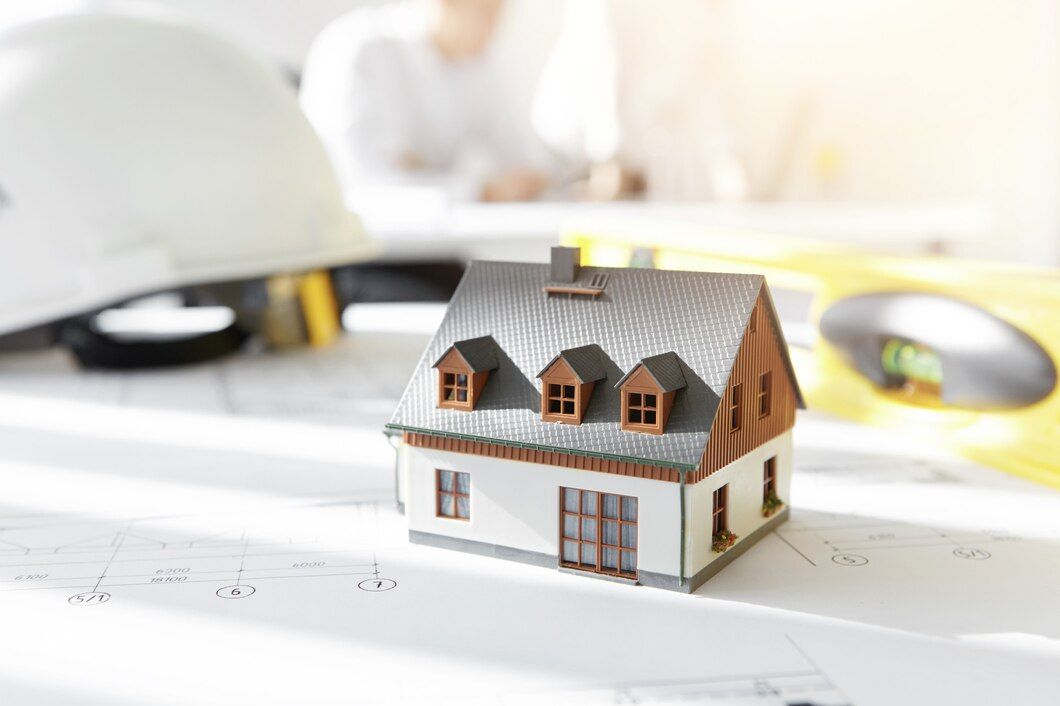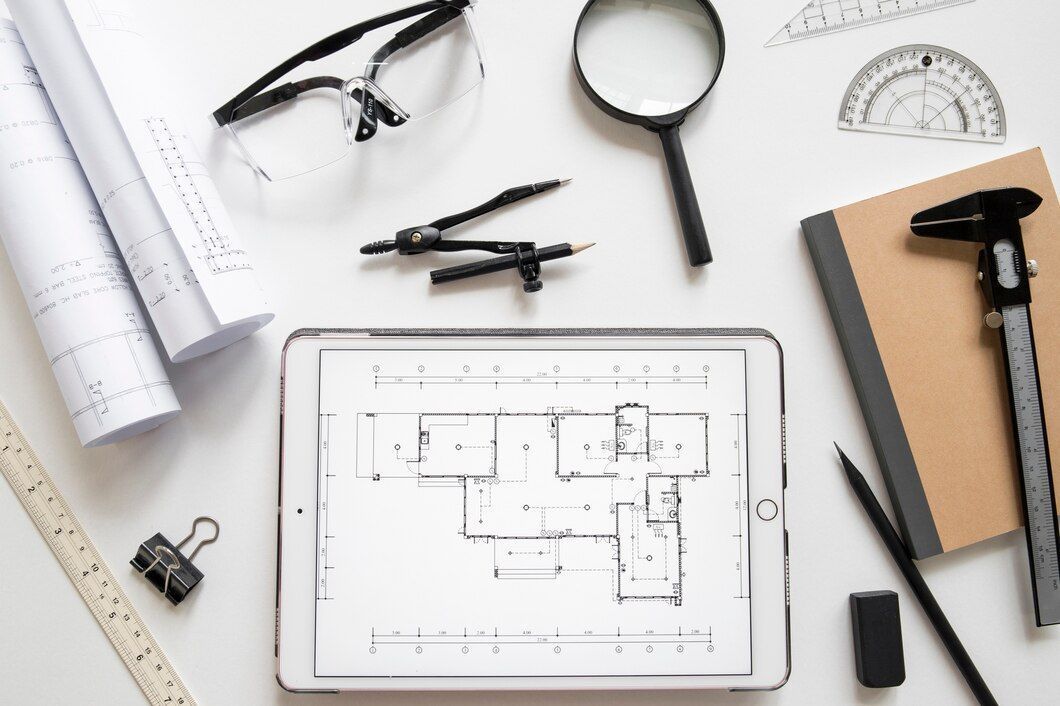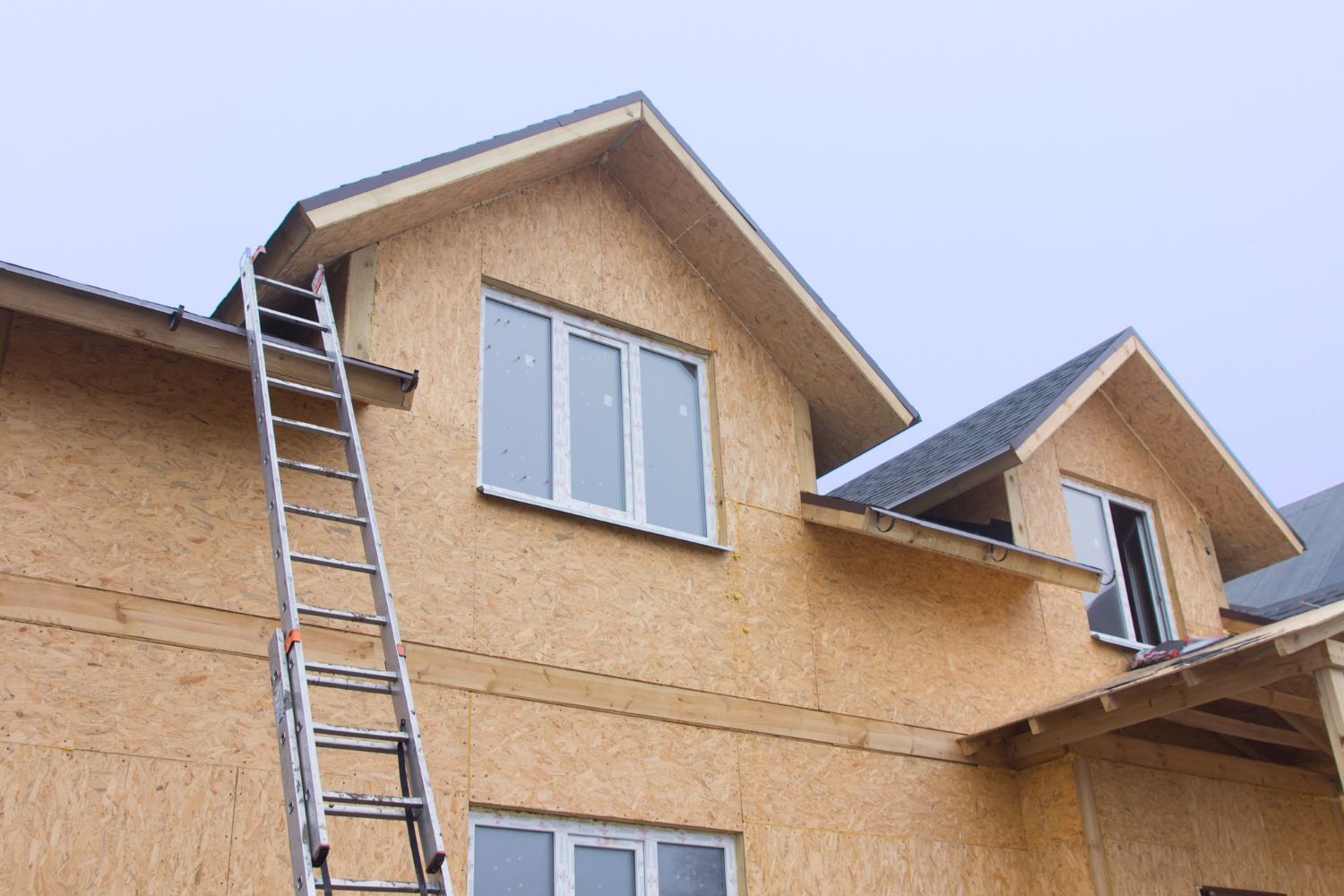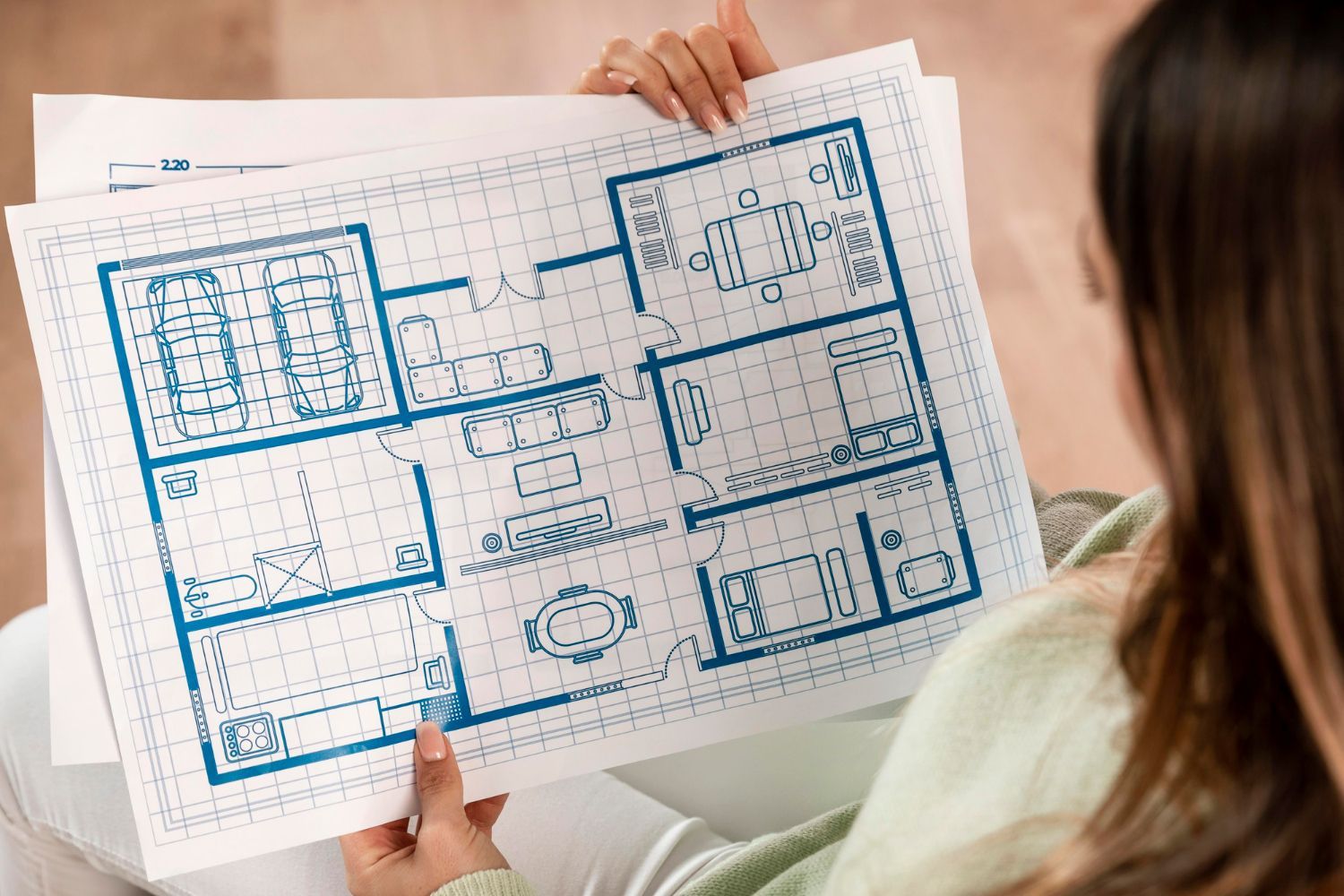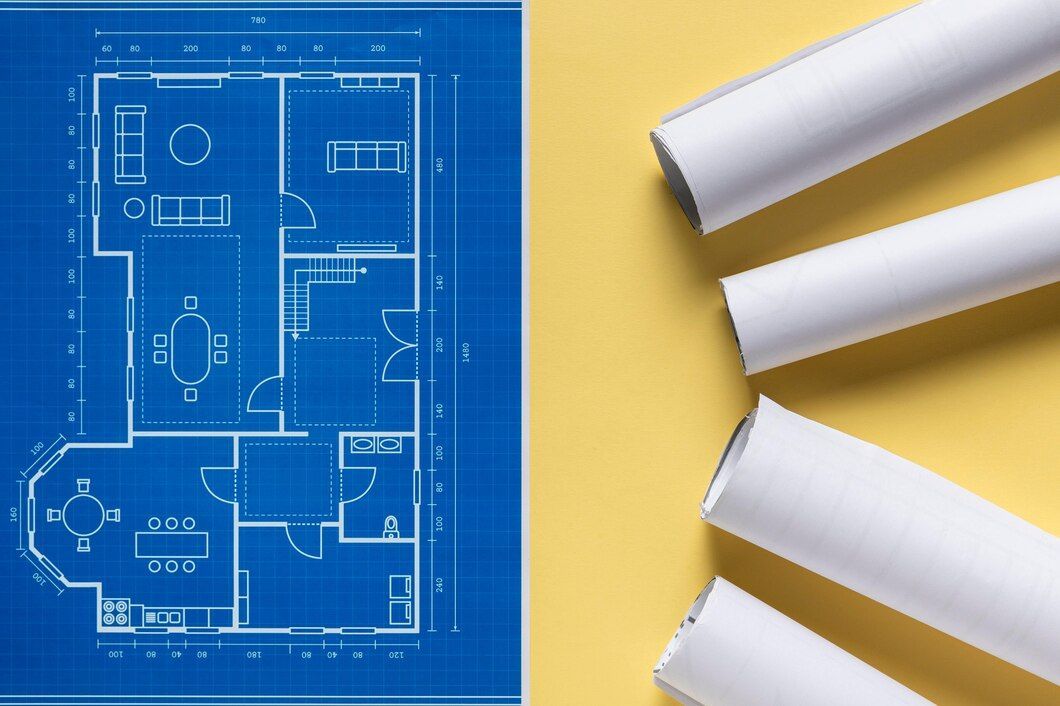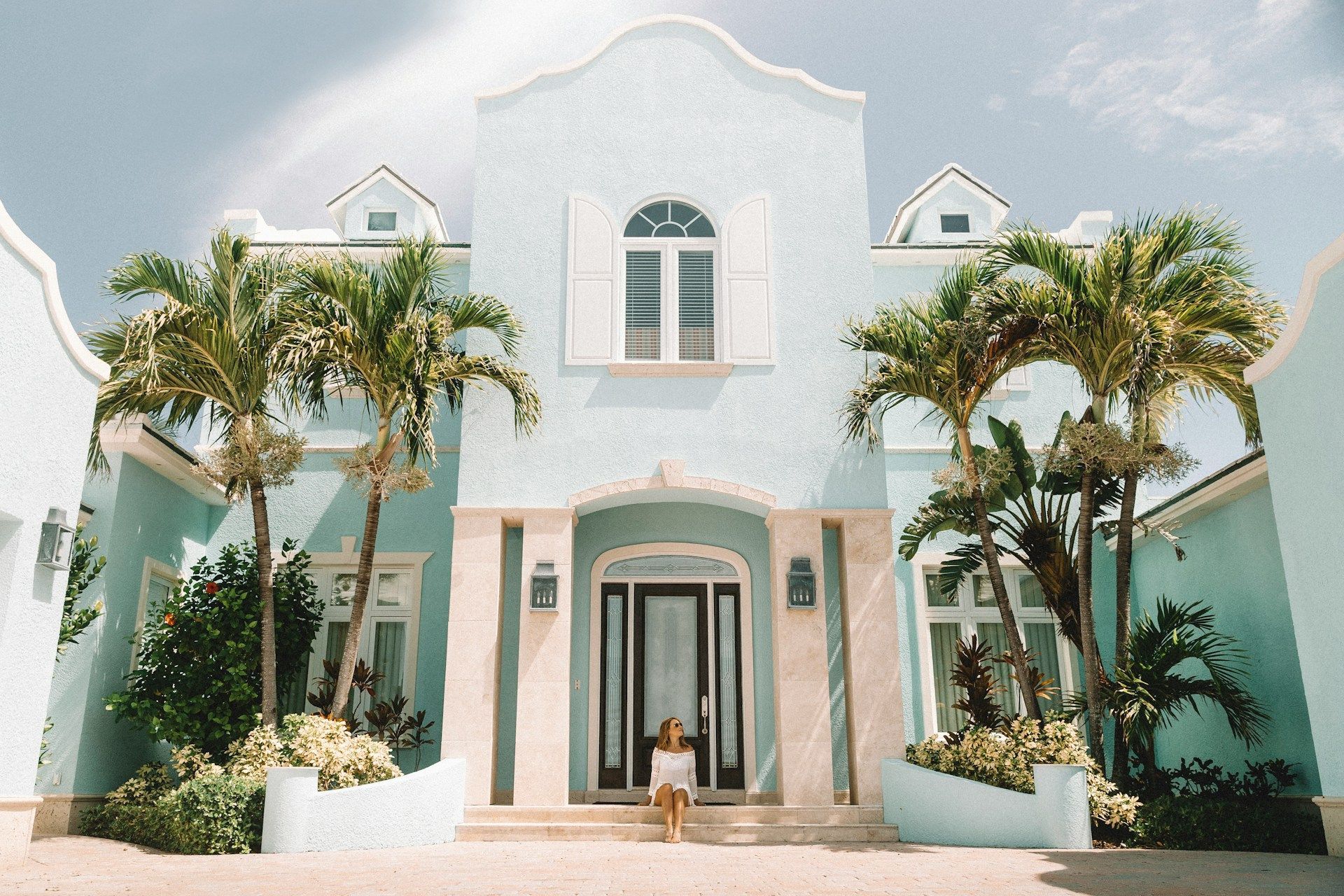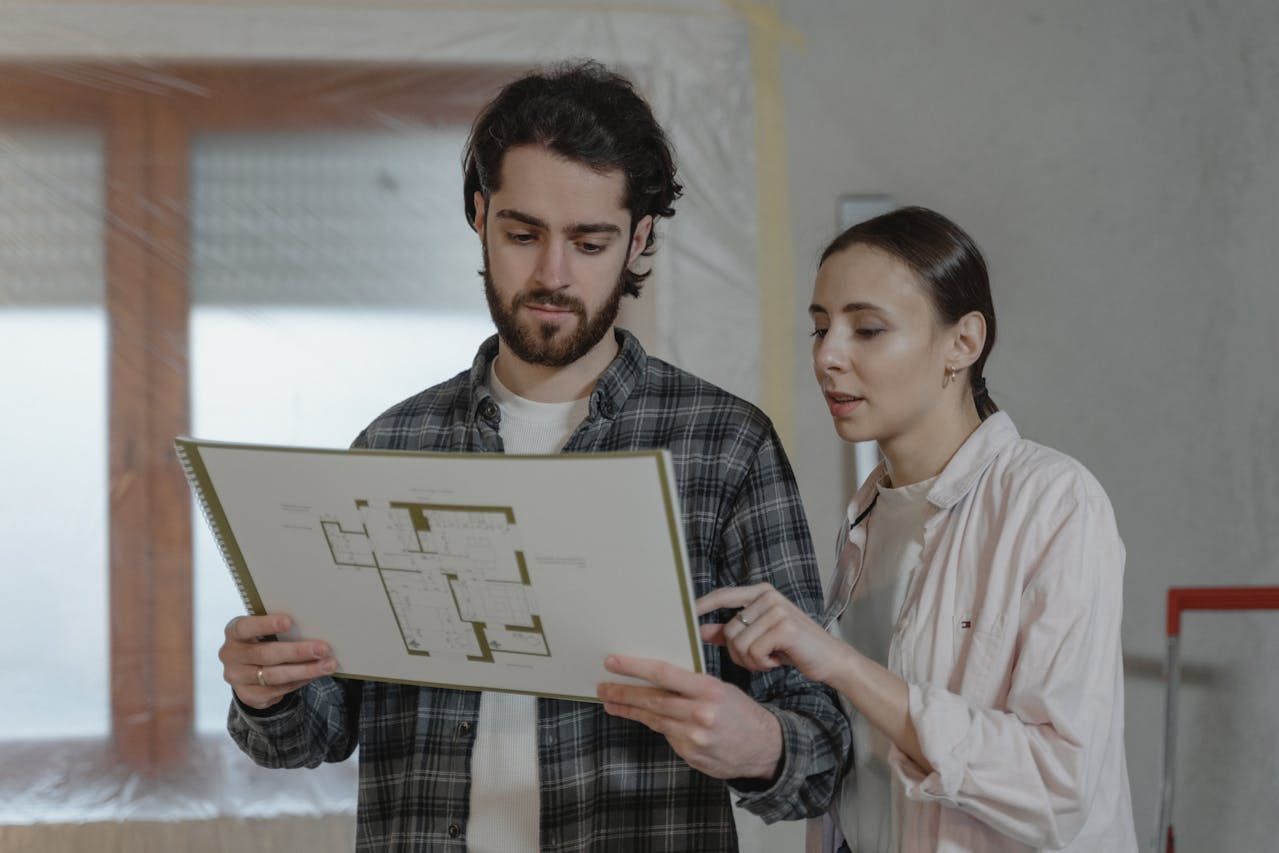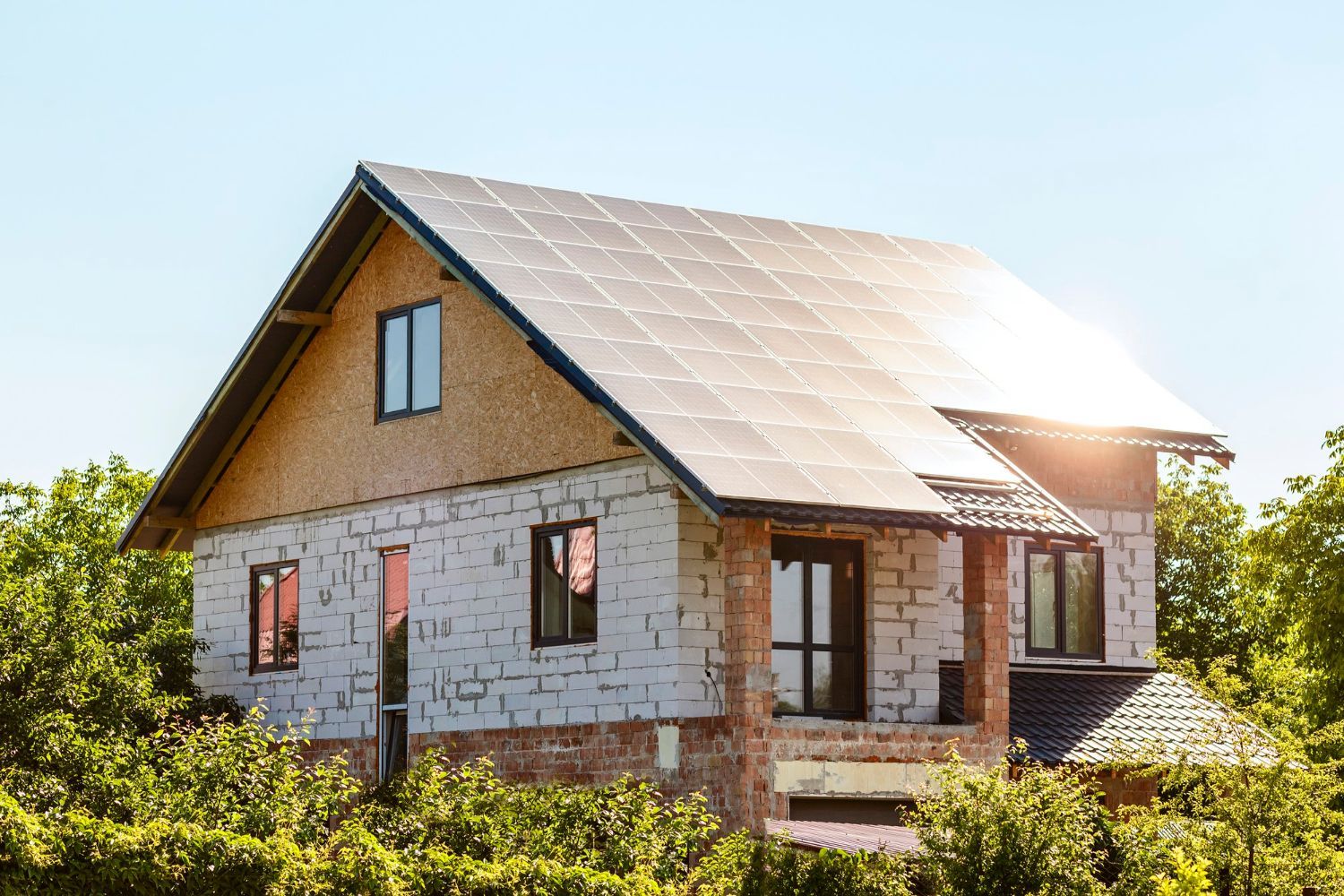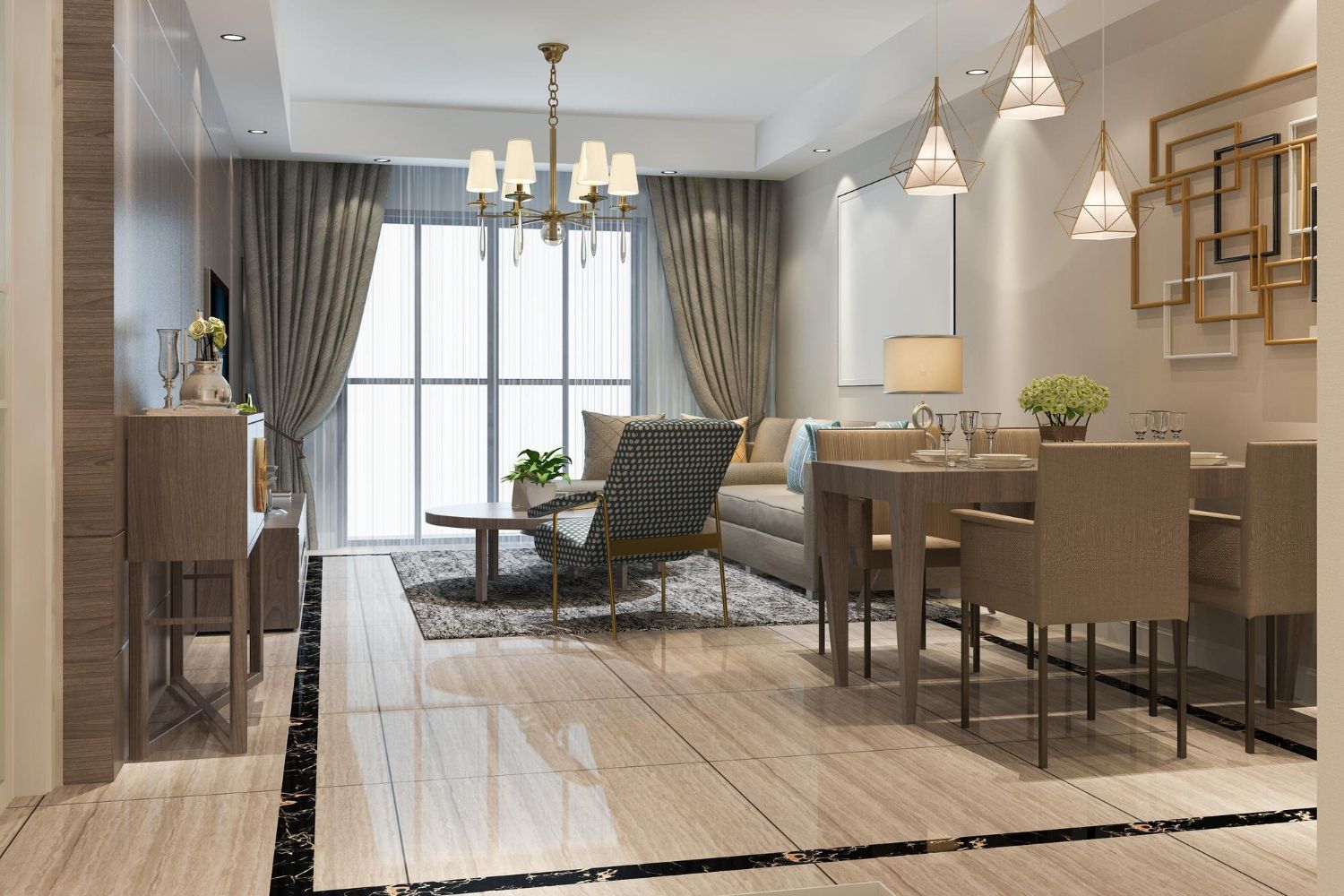541-815-0855
custom@mhbi.us
Budgeting Tips for Your New Construction Project

Budgeting for a new construction project can be challenging but is crucial to ensuring your build remains on track and within financial limits. Proper budgeting helps you avoid stress and unexpected costs, allowing you to focus on creating your dream home. By following a structured approach, you can effectively manage your finances throughout the construction process.
Setting a realistic budget is the first step in this journey. Knowing how much you can afford and understanding the costs involved helps make informed decisions from the start. Next, it's important to prioritize your needs and wants. This ensures that your money is spent on the most critical areas, while still allowing room for some personal touches.
Finding cost-effective materials is another key aspect of budgeting. Quality doesn't always have to come with a high price tag. Research and comparison can yield materials that fit both your design and budget. Monitoring spending during construction is equally essential. Keeping track of expenses and making adjustments as needed helps prevent overspending.
By carefully planning your budget and managing your expenses, you can turn your vision into reality without breaking the bank. Let’s dive into some practical tips for budgeting your new construction project effectively.
Setting a Realistic Budget
Setting a realistic budget is the foundation of a successful construction project. Start by determining how much you can afford to spend. This includes evaluating your savings, considering any loans, and knowing your financial limits. It's also a good idea to leave a buffer for unexpected costs, usually around 10-20% of the total budget.
Research the costs associated with building a home in Bend, Oregon. This involves understanding land prices, construction costs, permits, and additional fees. Break down these expenses into categories like labor, materials, and services. Having a detailed list of costs helps you allocate funds appropriately and avoid overspending.
Consult with builders and contractors to get accurate estimates. Their experience can provide insight into potential costs and help you set a more precise budget. Once your budget is set, stick to it as closely as possible. Regularly review your expenses to ensure you are on track. A well-planned budget helps manage your finances effectively throughout the construction process.
Prioritizing Your Needs and Wants
Prioritizing your needs and wants is key to staying within your budget. Start by listing all the features you want in your new home. Then, categorize them into "must-haves" and "nice-to-haves." Must-haves are essential elements that you can't compromise on, such as the number of bedrooms or a functional kitchen. Nice-to-haves are additional features that can enhance your home but are not crucial.
Focus on allocating your budget to cover the must-haves first. This ensures that the basic structure and essential features of your home are taken care of. After securing these, look at your remaining budget and see what nice-to-have features you can afford. This might include things like a home gym, upgraded countertops, or high-end flooring.
Be prepared to make trade-offs if necessary. For example, you might choose a less expensive countertop to afford a larger backyard. Prioritizing helps you make these decisions without feeling like you're sacrificing too much. By focusing on what truly matters, you can build a home that meets your needs and still feels special without breaking the bank.
Finding Cost-Effective Materials
Finding cost-effective materials is crucial for staying within your budget without sacrificing quality. Start by researching different types of materials for each part of your home, such as flooring, countertops, and siding. Compare prices and read reviews to find options that provide good value.
Consider using alternative materials that are less expensive but still durable and attractive. For example, laminate countertops can mimic the look of granite at a lower cost. Engineered wood can be a more affordable alternative to solid hardwood flooring. Don’t overlook the quality of these materials; sometimes, less expensive options can perform just as well as their pricier counterparts.
Buying materials in bulk can also save you money. Some vendors offer discounts for large orders, so consider purchasing items like tiles or lumber in larger quantities. Additionally, look for sales, clearance items, or reclaimed materials that can add unique touches to your home at a fraction of the price. By being smart about your material choices, you can stretch your budget further and still achieve the look you want.
Monitoring Spending During Construction
Monitoring spending during construction is essential to keep your project within budget. Start by establishing a system for tracking all expenses. This can be as simple as a spreadsheet where you record costs for labor, materials, and permits. Regularly update this log to have a clear picture of where your money is going.
Set milestones and budget checks at various stages of the construction process. For example, review your budget after the foundation is laid, once the framing is completed, and before the finishing touches. This helps catch any overspending early and allows you to make adjustments as needed. If you notice that you are over budget in one area, look for ways to save in others to balance it out.
Communicate regularly with your builder to stay informed about progress and costs. Ask for detailed invoices and explanations for any changes in the budget. Being proactive and involved helps prevent unexpected expenses from derailing your project. By keeping a close eye on your spending, you ensure that your dream home is built on time and within budget.
Final Thoughts
Building a new home is a significant financial investment, and proper budgeting is crucial to ensure you stay on track. From setting a realistic budget and prioritizing your needs, to finding cost-effective materials and monitoring spending during construction, every step plays an essential role in managing your finances effectively. Smart budgeting strategies help avoid unexpected costs and financial stress, allowing you to focus on bringing your vision to life.
Successfully budgeting your new construction project helps you make informed choices, prioritize essential features, and find the best materials without overspending. Keeping a close eye on spending during construction ensures that the project proceeds smoothly and within your financial limits.
Ready to start your new construction project and make your dream home a reality? Contact Mountain High Builders today. We specialize in custom homes and
new construction in Bend, Oregon. Let us help you build the perfect home within your budget.
Are you planning to renovate your home?

Mountain High Builders strives to build exceptional homes for our clients, alongside strong relationships that last a lifetime.
Contact us
Phone: 541-815-0855
Email: custom@mhbi.us
Address: Square Loop, 1012 SE
Cleveland Ave #5, Bend, OR 97702
Menu
All Rights Reserved |
All Rights Reserved | Mountain High Builders


